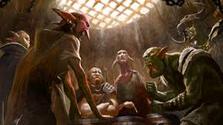
What is the system of government in your world? How is society structured? What’s keeping things from falling apart…or coming back together again?
These are all questions the fantasy novelist needs to ask themselves, and I’ve been asking them for years. I’ve been writing ‘how to write fantasy’ posts for more than two years now on this site, and I hope you’ll check them out in the How to Write Fantasy category.
This post is one in a long series, a series that got kind of stalled there for awhile. Yeah, the last post was more than two months ago, but I’m sure you don’t mind. Most likely you wandered in off the internet and this post is super old anyways. That’s fine too – these are core tips that won’t change a lot with time.
So what are they? Hey, let’s stop this yapping and get right into it, huh?
Fantasy World Governments
- A Corrupt System
- A Just System
After that, you need to determine what form of government you have. That might look something like this:
- Monarchy
- Democracy
- Republic
- Despotism
- Anarchy
That last one is really an absence of government, and that’s fine too. Lots of books have that, usually as one form is transitioning into another.
So who does that transitioning? Here’s what a character hierarchy might look like in your political fantasy world:
- King;
- Nobles;
- Courtiers;
- Military;
- Businessmen/Merchants;
- Guilds;
- Traders;
- Shippers;
- Peasants;
- Outlaws.
That’s just a rough list of the typical medieval hierarchy. There are more levels that could exist, and perhaps you even want to make up a few of your own. It’s a good place to start nonetheless.
Realpolitik in a Fantasy World: How George R.R. Martin's A Song of Ice and Fire novels explain our foreign policy was a fun post on Foreign Policy in 2011. In the post, author Alyssa Rosenberg says:
“the story has evolved from a dark domestic fairy tale of wicked queens and kings to a sweeping geopolitical mega-saga with complex and shifting rules of engagement — and a surprisingly large number of lessons for the foreign-policy-inclined reader.”
- State Formation;
- Border Issues;
- Diplomacy;
- Trade and Banking;
- Technological Warfare;
- Religious Fanaticism;
- Mercenaries.
On Trade and Banking, Rosenberg has this to say:
“National debt becomes an issue for the Lannisters. Cersei Lannister forces the regime to stop making its payments to the Iron Bank of Braavos, a move that leads the Braavosi bankers to start colluding with her rivals. It’s as if China intervened on the debt-ceiling debate, but the risks of default included not just a lowered credit rating but magically aided assassination.”
- The Jongurian Trilogy: This is epic fantasy that’s really political. In fact, many of the bad reviews say that it’s too political, something that makes the first book boring. There’s a lot of maneuvering, wrangling, and backstabbing…sometimes literally. Nearly all of the main characters are diplomats, royals, nobles, or rebels. Lots of politics indeed!
- The Warring States Series: This is another trilogy of mine that’s very political. We’re dealing with Chinese nation-states in the 5th-century BC. They’re all jockeying for power, trying to become the one that rules the country. Most of the characters are kings, nobles, courtiers, and generals. Oh, that’s right – the army/military can be one of the most political entities you have.
- The Hirelings: This stand-alone epic fantasy novel is all about politics and economics. The king is corrupt and using a dragon to prop up his economy. The main characters fight against this with the aim of toppling the unjust system.
- Ale Quest: In this book the whole backdrop is the Earl’s Revolt around 1100 AD. There’s a siege of a castle, so you know things are political. What I did with this book, however, was keep all that in the background. So in that sense, you’re dealing with a political setting more than political characters or even a political storyline.
- Tarot Card Killer: This novel of mine is set in 1973 Hong Kong, and the main character is under investigation for corruption. Here we have office politics and maybe even a bit of police politics. None of these people are really in political office, but there’s scheming and wheeling and dealing aplenty.
Those are some examples of what I’ve done with my books. I could name off a few more, but what’s the point? I think you have a good idea of what it takes to have politics in your fantasy novel. Now I’d suggest setting your butt down and getting your fingers moving over those keys.
Yes, it’s time to write your story!


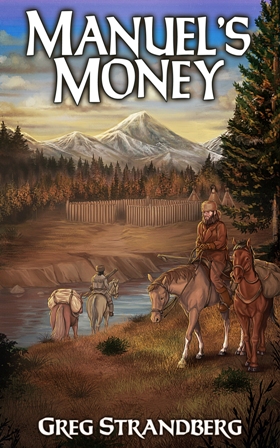
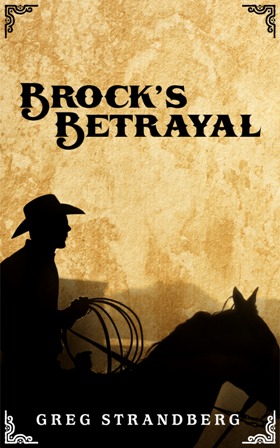
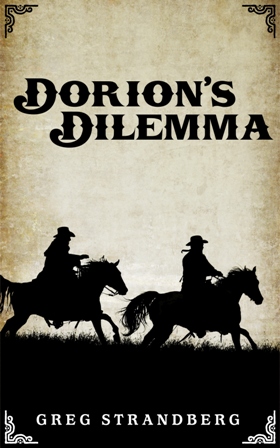
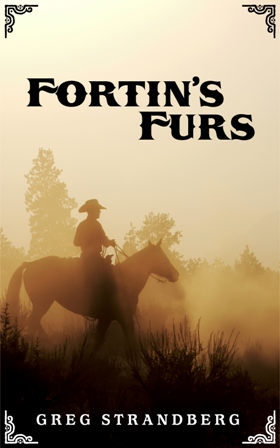
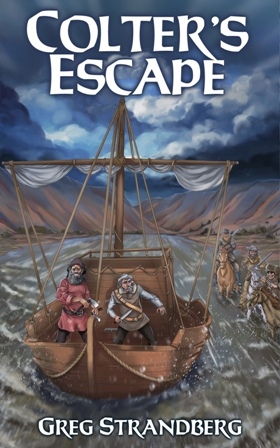
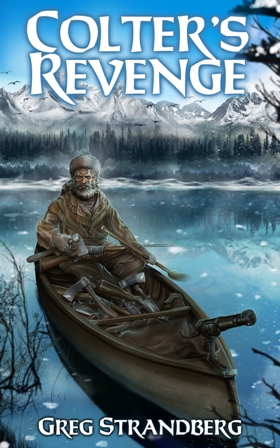
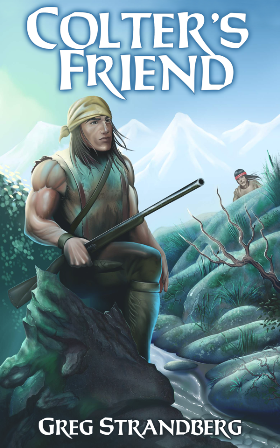
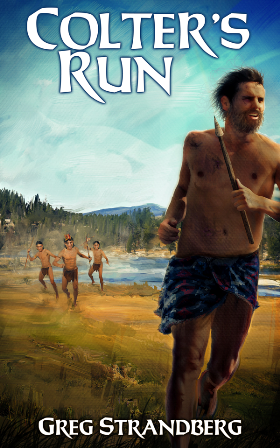
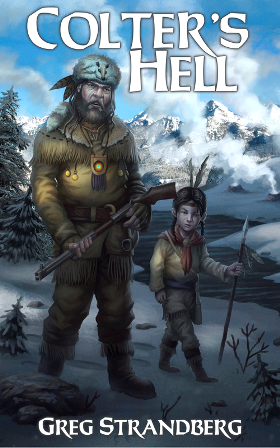
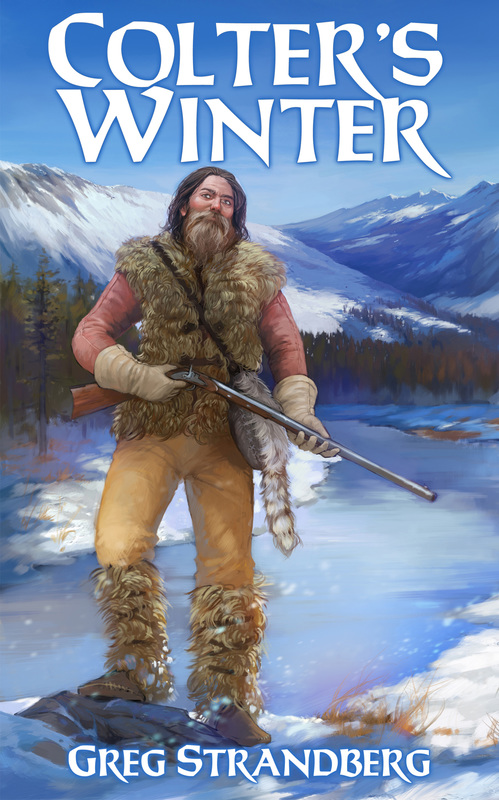
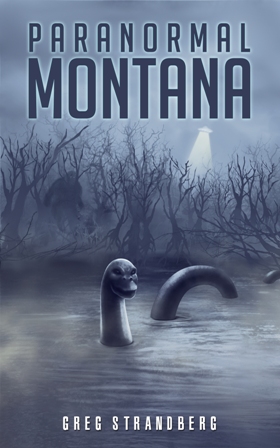
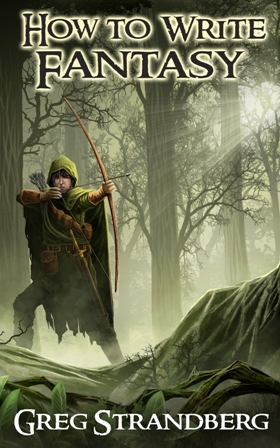
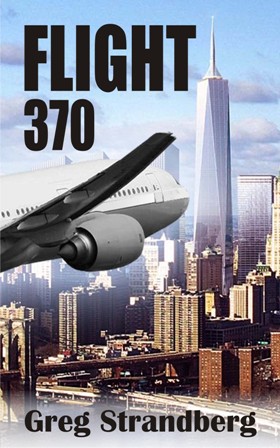
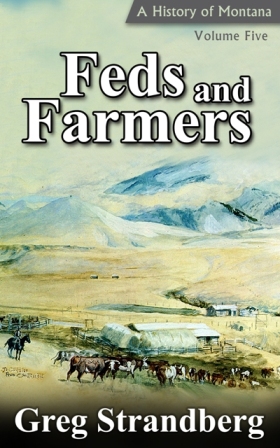
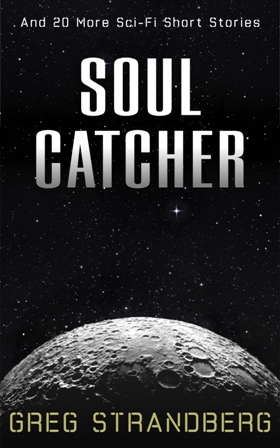
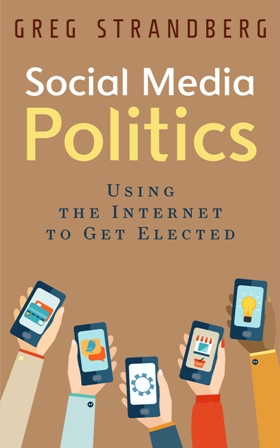
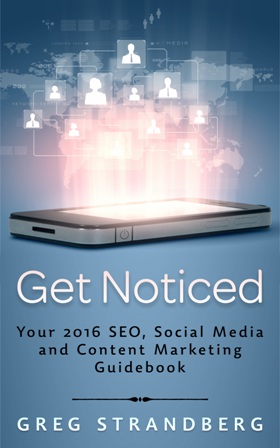

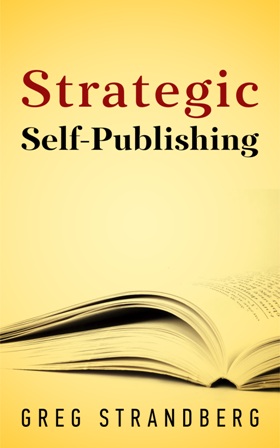
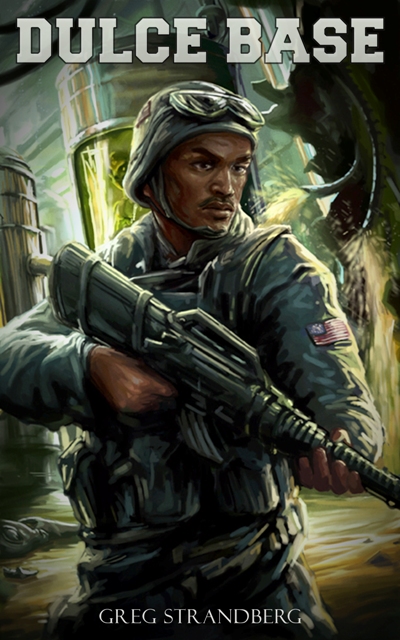
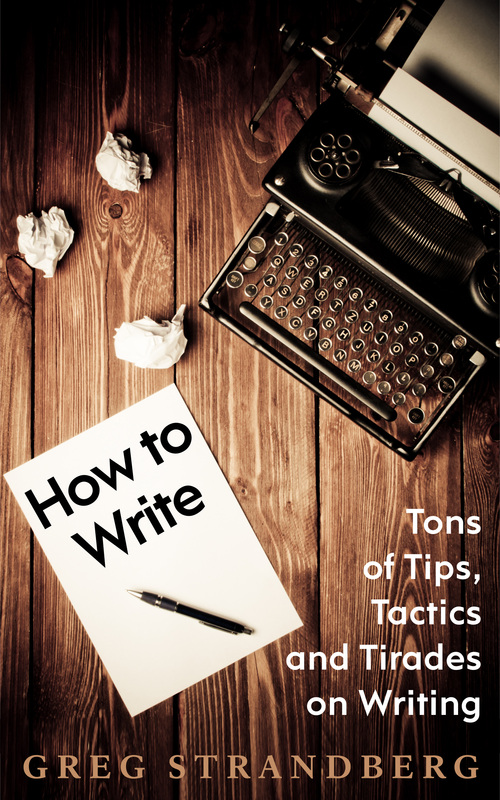
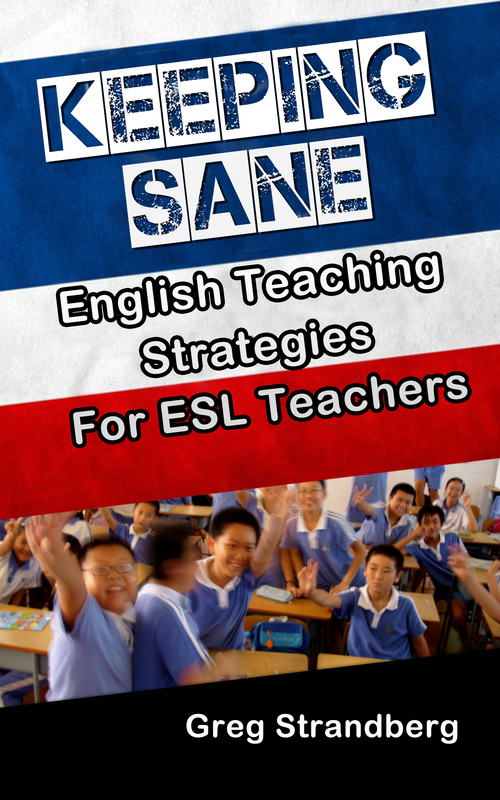
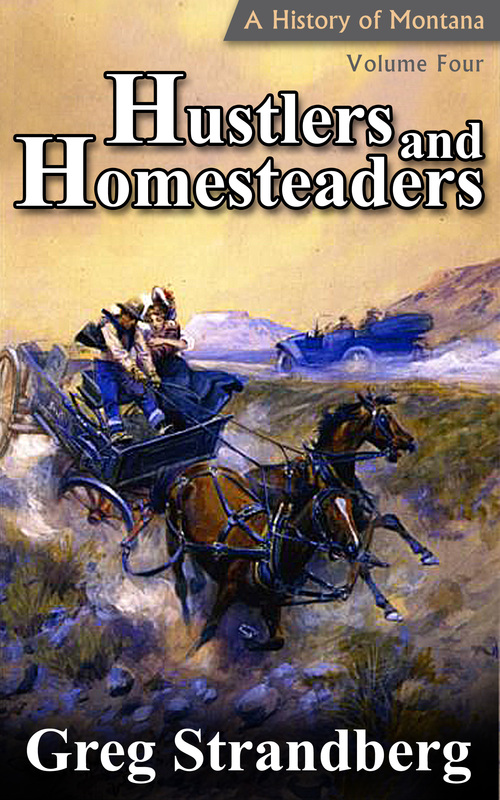
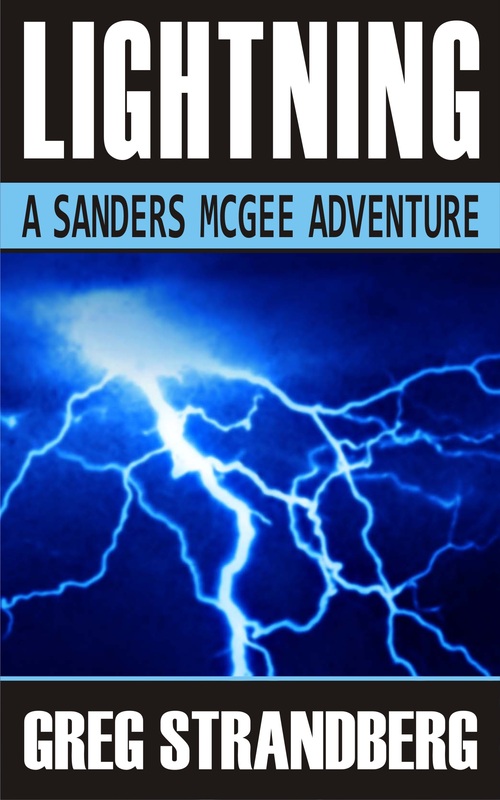
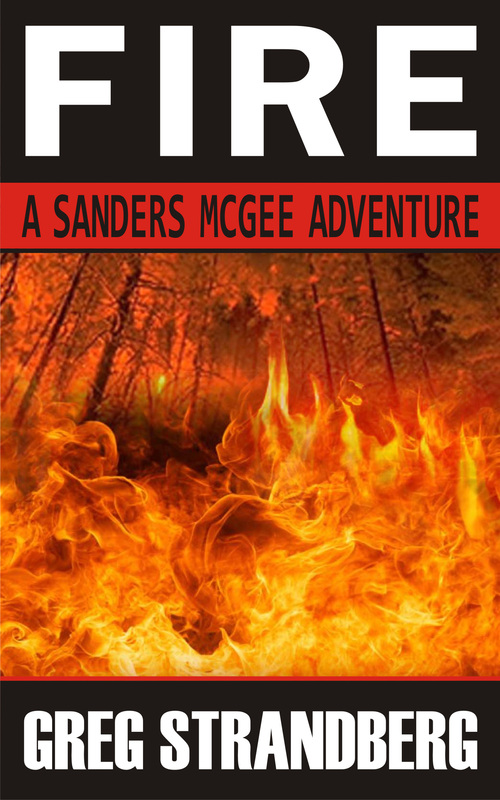
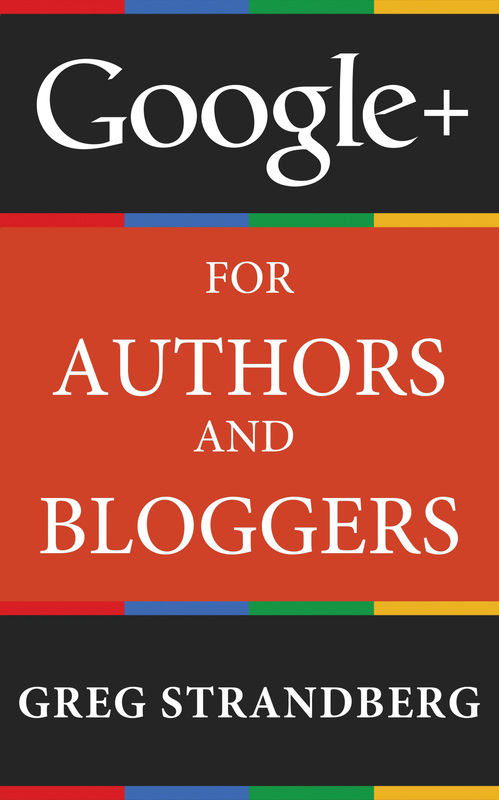
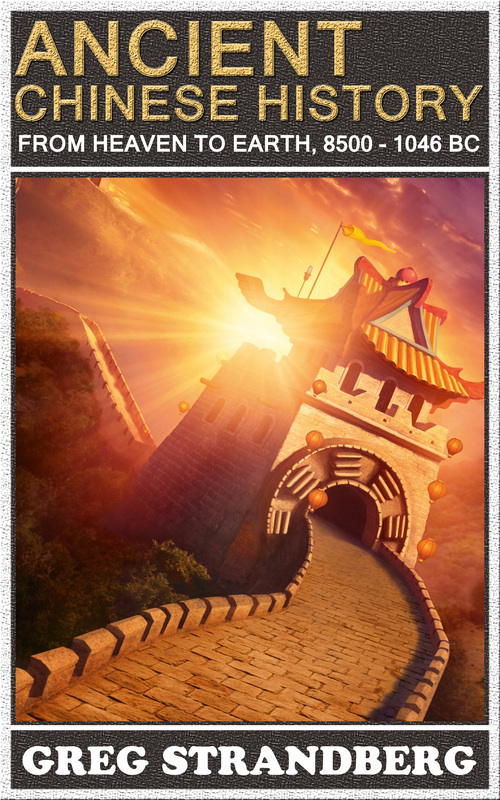
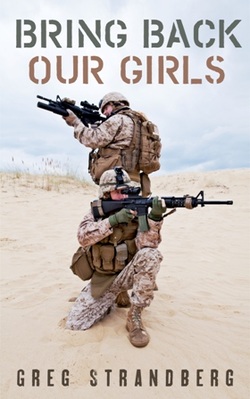

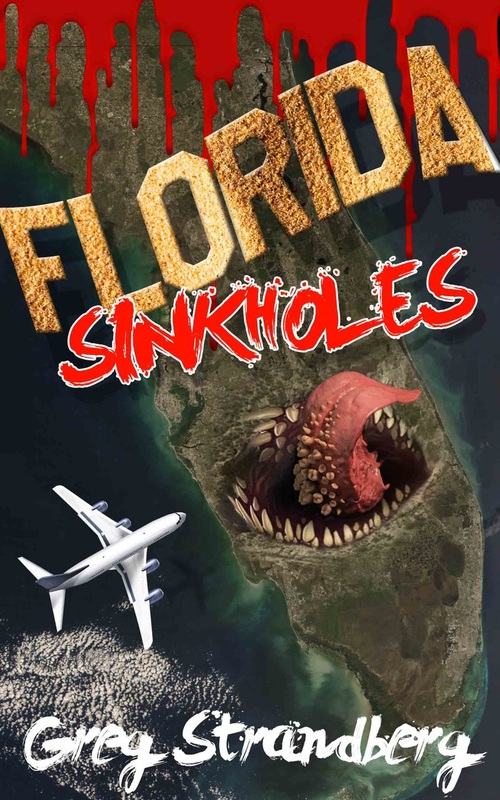
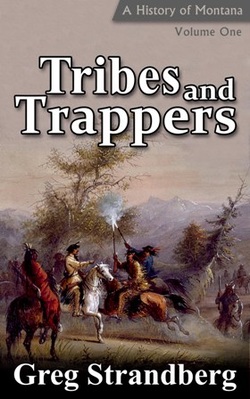
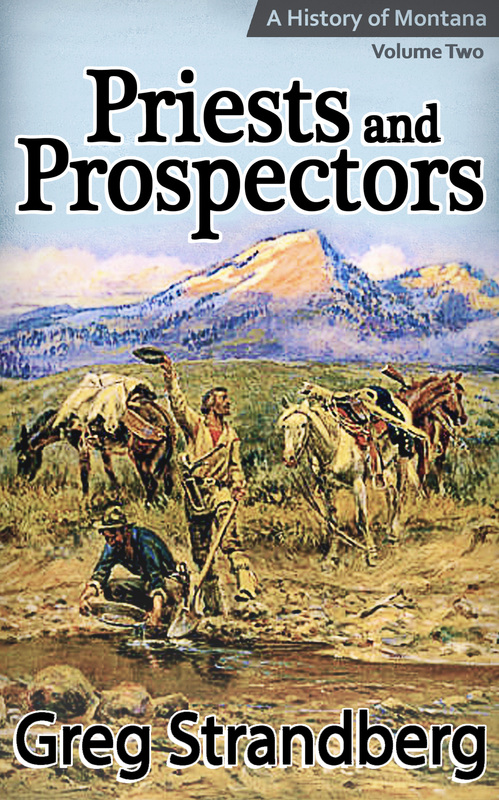
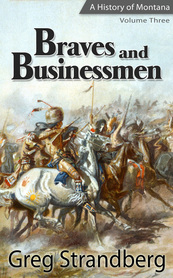
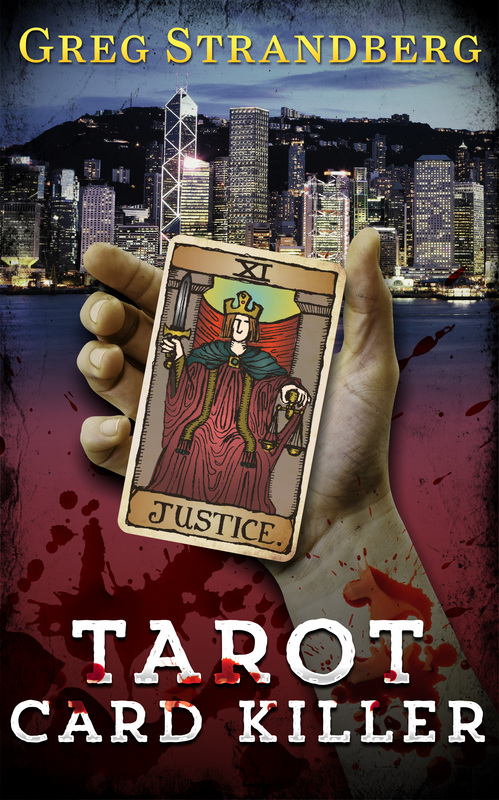
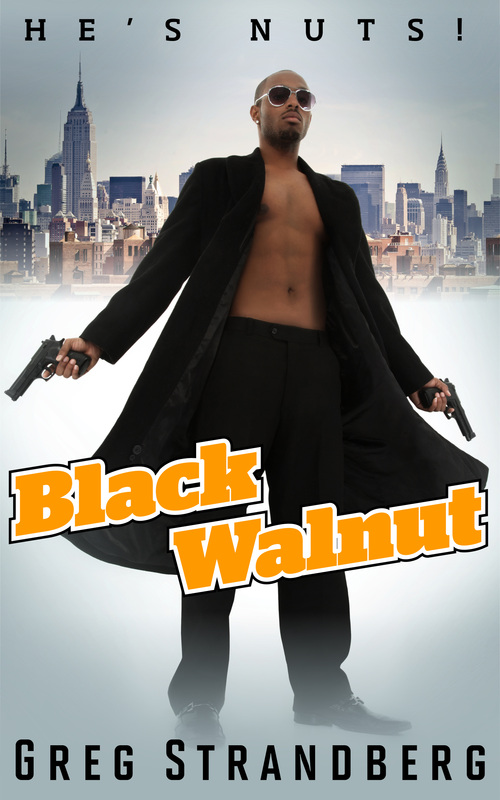
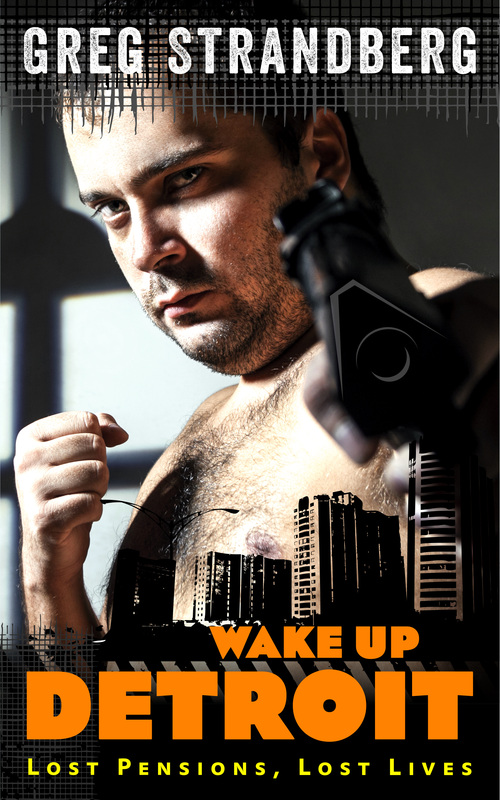
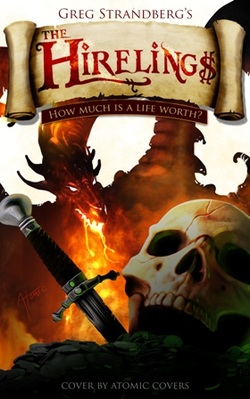
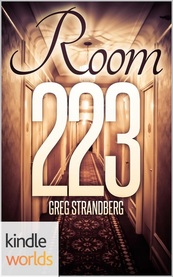
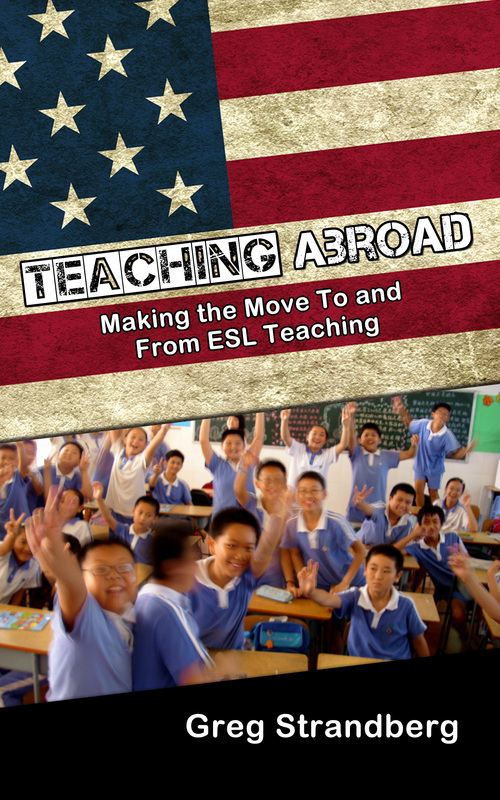
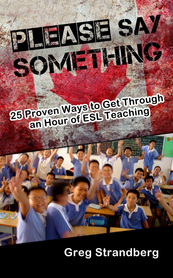

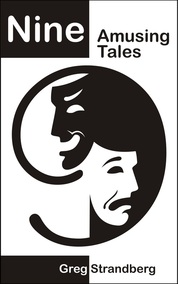
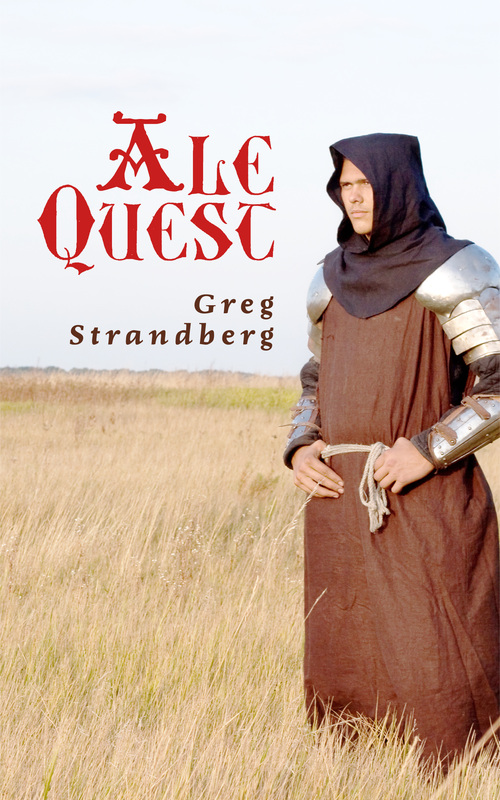
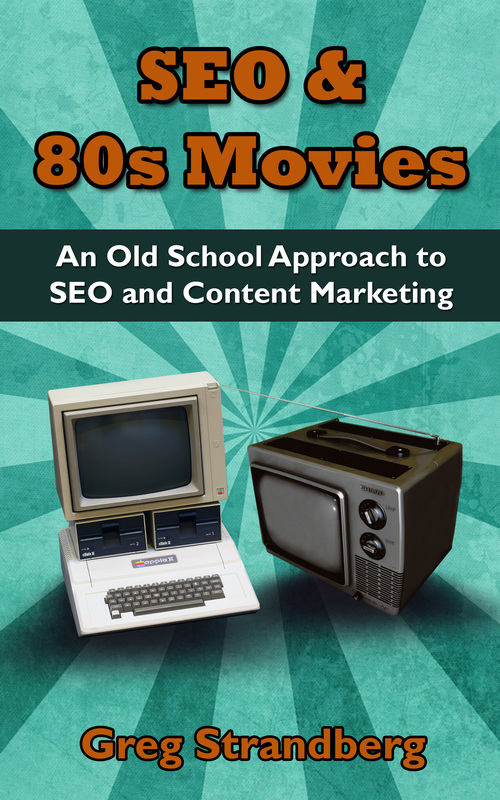
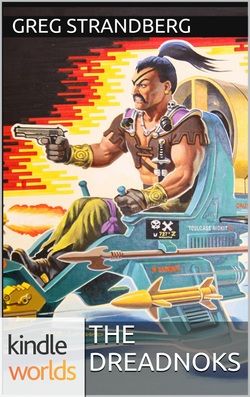
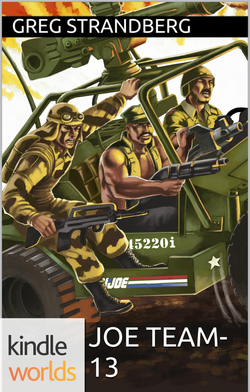
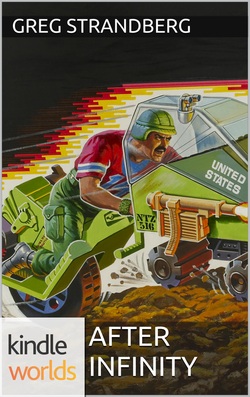
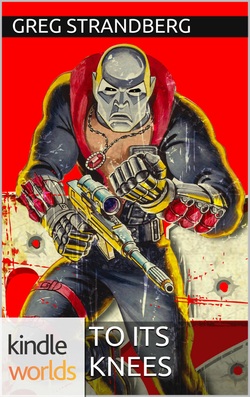
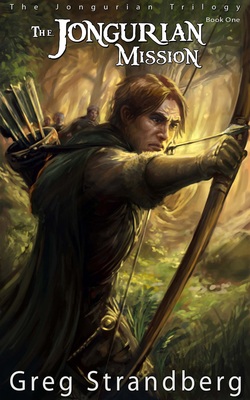
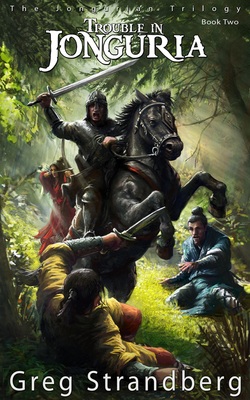
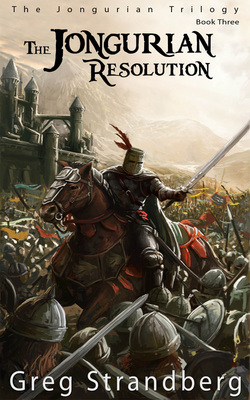
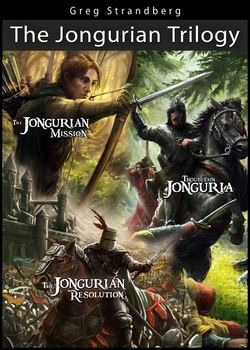
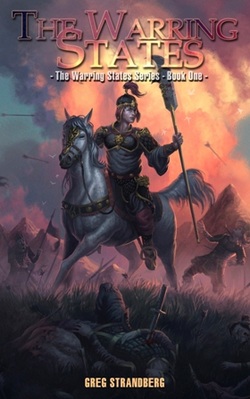
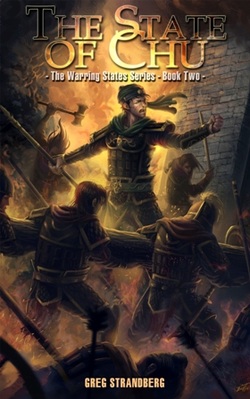
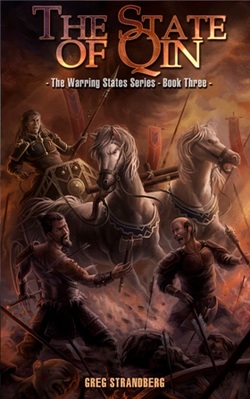
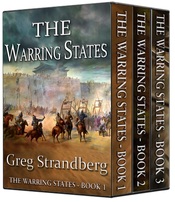
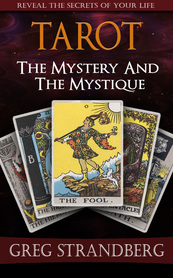
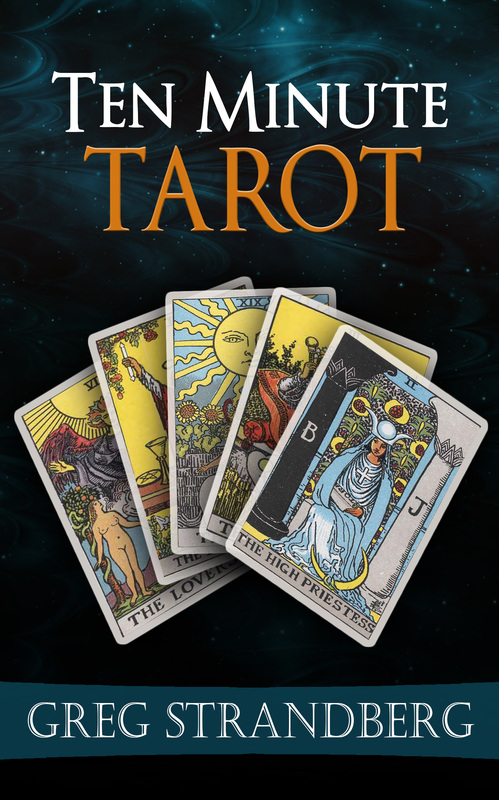
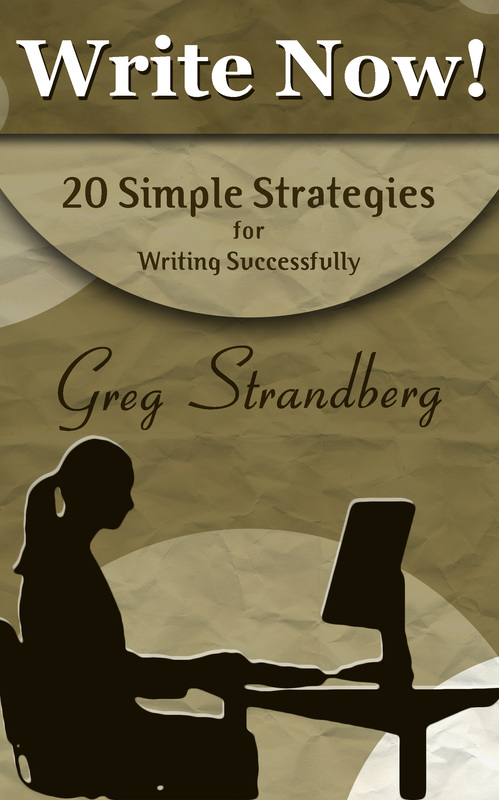
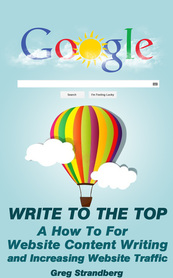
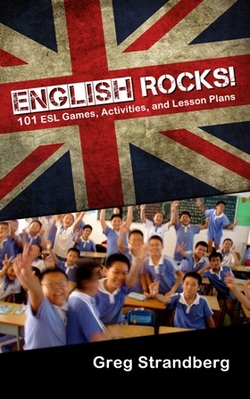
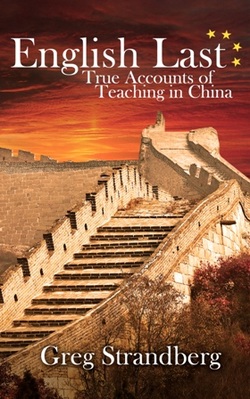
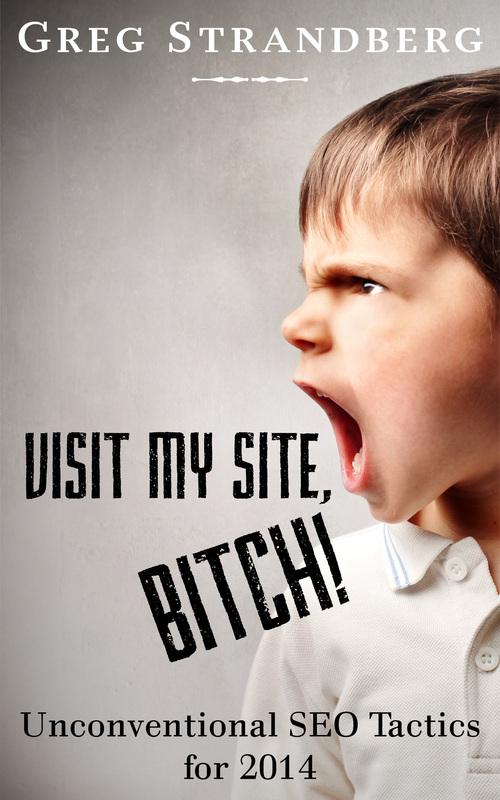




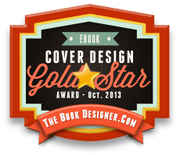

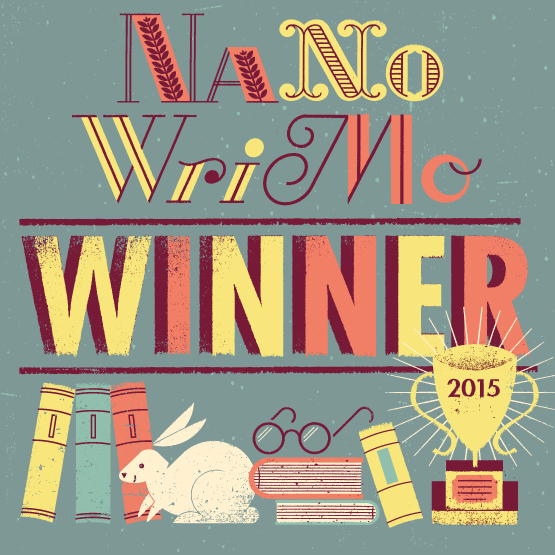
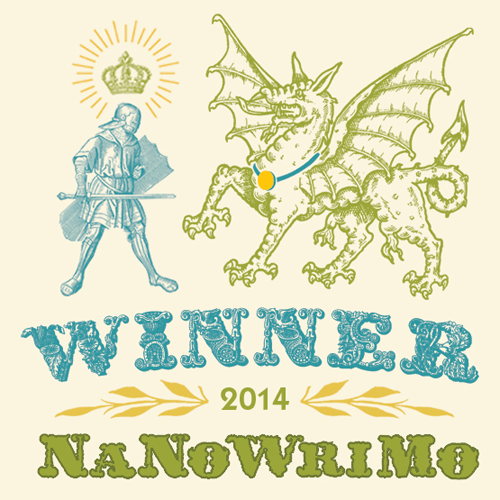
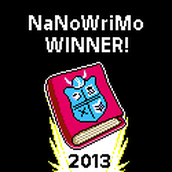
 RSS Feed
RSS Feed